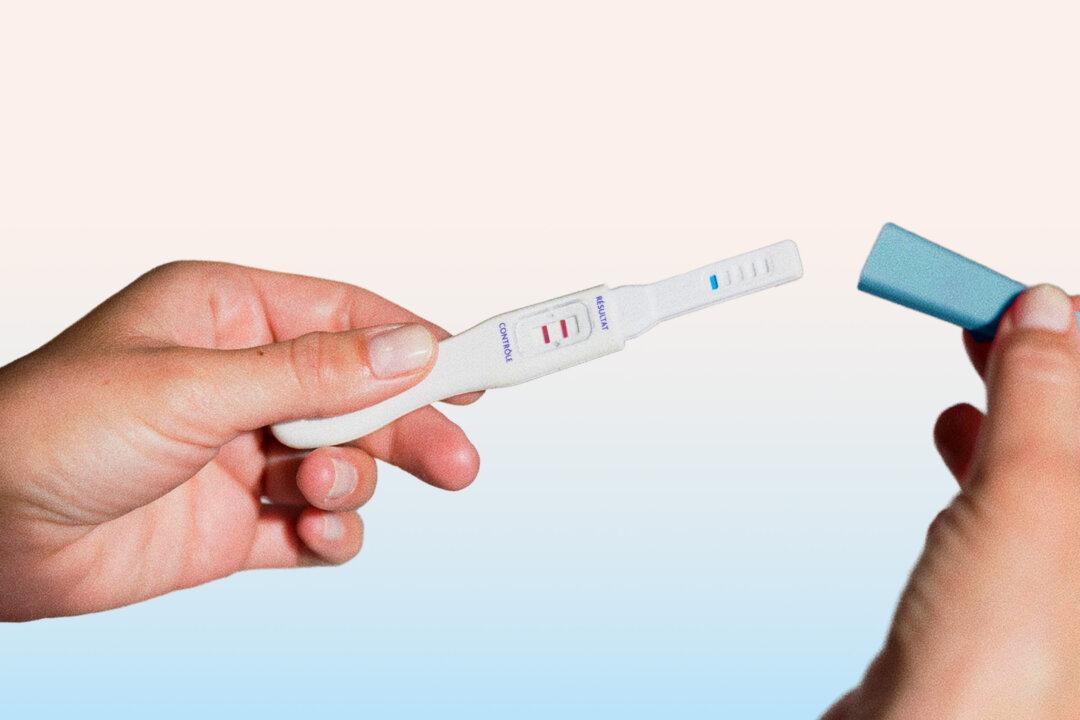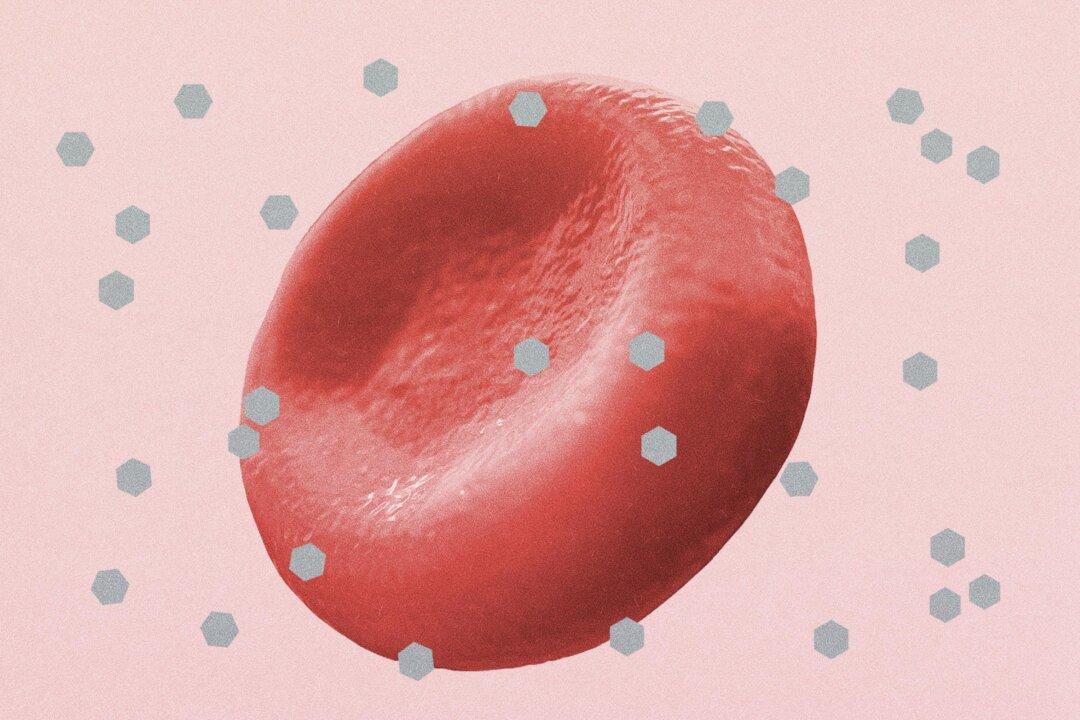While being overweight or having poor sleep habits is linked to adverse health effects, the combination of these factors may further compound risks.
A recent study published in The Journal of Clinical Endocrinology & Metabolism (JCEM) points to the increased dangers of overweight people with sleep disorders disregarding their bodies’ signals to go to sleep.





